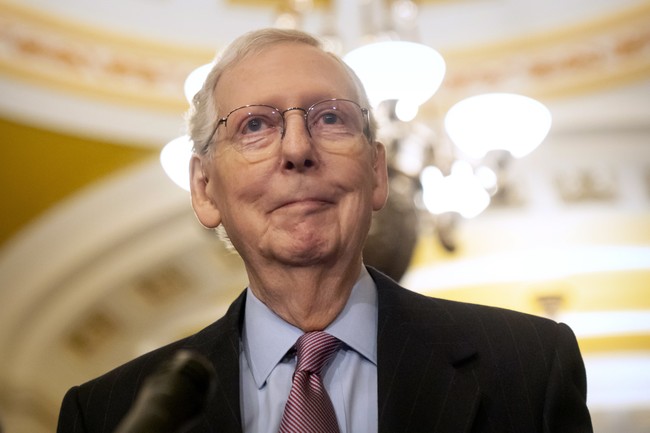Debates Erupt Over Haitian TPS Policy Shift
The Trump administration's decision to revoke Haitian migrants' Temporary Protected Status raises legal, economic, and humanitarian concerns amid an ongoing immigration policy battle.
Published February 22, 2025 - 00:02am

Image recovered from arabnews.com
The Trump administration's controversial decision to revoke the Temporary Protected Status (TPS) for over half a million Haitian migrants has sparked intense debates surrounding immigration policy, human rights, and the socio-economic impacts on both the United States and Haiti. As the expiration date of the TPS designation looms in August, affected individuals face a complex mix of legal uncertainty and a humanitarian crisis that underscores broader immigration challenges.
Temporary Protected Status is a designation granted by the United States to foreign nationals who are unable to return safely to their home countries due to extraordinary conditions such as armed conflict, environmental disasters, or other urgent situations. For Haitian migrants, the TPS was initially designated in the aftermath of the devastating 2010 earthquake. Successive administrations, including those of Barack Obama and Joe Biden, renewed this protection, recognizing Haiti's ongoing struggles with political instability and escalating violence.
In a controversial move, the Trump administration announced plans to terminate the TPS for Haitians by August, arguing that the status had become a vehicle for unauthorized migrants to gain legal work permits without any pathway to citizenship. Secretary of Homeland Security Kristi Noem stated that the TPS system had been exploited, with the number of eligible Haitians having increased from 57,000 in 2011 to over 520,000 by 2024. The administration's stance suggests a return to a stricter immigration policy that prioritizes reducing TPS designations and increasing deportations.
Reactions to the policy shift have been polarizing. Democratic critics and immigrant advocacy groups, such as the Immigration Hub and the Florida Immigrant Coalition, have labeled the decision as "inhumane" and "reckless," arguing that it tears apart families and destabilizes local economies that rely on Haitian workers. These organizations emphasize that many TPS recipients are integral members of their communities, contributing economically and socially in the U.S.
The legal dimensions of this policy reversal are complex. While the Secretary of Homeland Security does have the authority to terminate TPS, this must be justified by evidence that the originating country no longer meets designation criteria. Opponents argue that the Trump administration's action lacks sufficient legal basis and may face challenges similar to those lodged against the revocation of TPS for Venezuelans, which was contested as unconstitutional in a California court.
Haitian immigrants, meanwhile, are left grappling with deep uncertainty. Many, like Tessa Petit of the Florida Immigrant Coalition, argue that Haiti remains ineligible for the removal of TPS given its dire conditions, including gang control over much of the capital and skyrocketing violence and homelessness.
Politically, the revocation of TPS for Haitians is seen by some as part of a broader agenda by the Trump administration to decrease immigration numbers, a key campaign promise bolstered by narratives blaming migrants for economic and social woes. This stance has been contested by local leaders like Ohio's Governor Mike DeWine, who noted the indispensable contribution of Haitians to local economies.
The potential fallout from these changes could be extensive. Should the Trump administration succeed in revoking TPS without judicial intervention, Haitians in the U.S. may face deportation while lacking viable alternative pathways to legal residency. This scenario raises crucial questions about the ethical responsibilities of nations towards migrants fleeing chaos and disaster, and the balance between sovereign immigration policy and humanitarian obligations.
As the global community watches, the situation underscores the ongoing challenges of immigration policy reform, reflecting varying approaches between administrations and the complexities of implementing humane yet secure measures for those seeking refuge. The forthcoming months are likely to see heightened legal battles and advocacy efforts aimed at either reversing or mitigating the impact of the TPS revocation.







